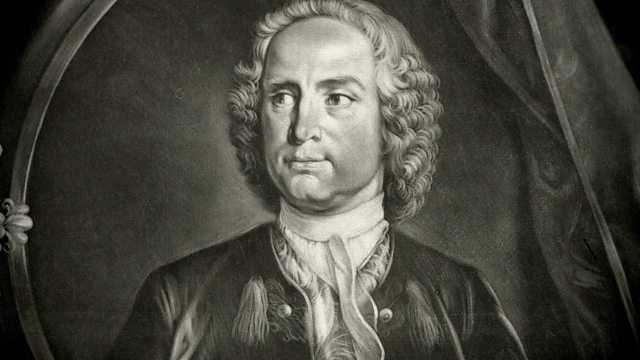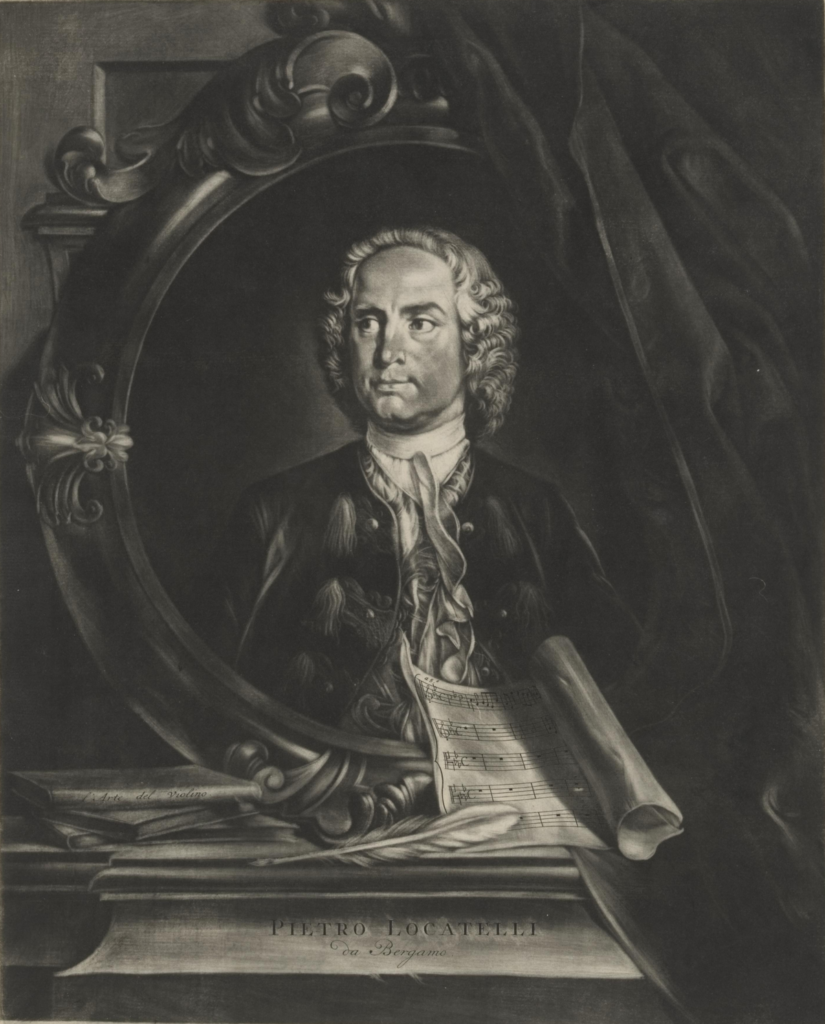Pietro Antonio Locatelli, an Italian Baroque composer and violinist, was born on September 3, 1695, in Bergamo, Italy. He emerged as one of the most significant figures in the violin world during the early 18th century, leaving a lasting legacy with his innovative compositions and virtuosic performances.
Little is known about Locatelli’s early life, but it is believed that he received his musical education in Rome, possibly studying under Arcangelo Corelli, a prominent violinist and composer of the time. Locatelli’s exceptional talent on the violin quickly gained recognition, and he began performing extensively throughout Italy and later across Europe.
In the 1720s, Locatelli settled in Amsterdam, where he spent the majority of his life. During this period, he composed a series of remarkable works that showcased his technical prowess and inventive musical style. His compositions, particularly his violin concertos and sonatas, were characterized by their complex rhythms, daring harmonies, and virtuosic demands, which pushed the boundaries of violin technique at the time.
Locatelli’s most renowned work is his collection of violin concertos titled “L’Arte del Violino” (The Art of the Violin), published in 1733. This set of twelve concertos is not only a showcase of technical brilliance but also a testament to Locatelli’s innovative approach to composition. Each concerto in the collection features a dazzling array of solo passages, double stops, rapid scales, and intricate ornamentation, challenging even the most skilled violinists of the era.
Despite his undeniable talent and contributions to the Baroque repertoire, Locatelli’s music was not as widely recognized during his lifetime as that of some of his contemporaries. However, his works would later receive greater appreciation during the 20th century revival of Baroque music.
In addition to his compositions, Locatelli was also known for his contributions to violin technique. He authored a set of violin studies titled “L’arte del violino” (The Art of the Violin), which offered valuable insights into violin playing and performance practice of the time.
Pietro Locatelli passed away on March 30, 1764, in Amsterdam, leaving behind a legacy that continues to inspire violinists and musicians to this day. His innovative compositions and technical prowess have secured his place as one of the foremost figures of the Baroque era, ensuring that his music remains cherished and performed by generations of musicians worldwide.


Comments are closed